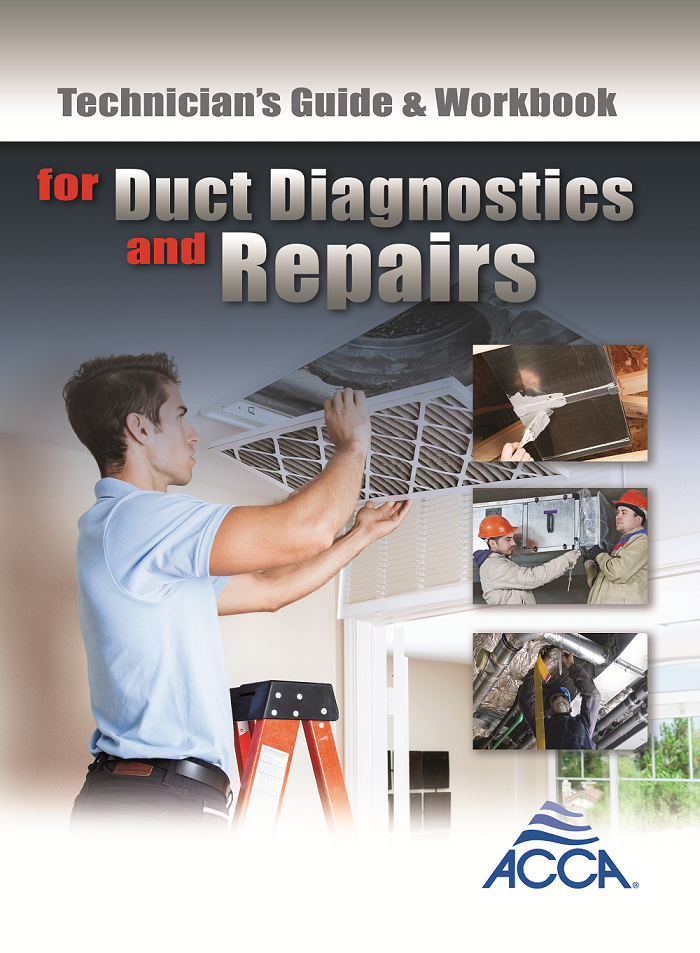Having chosen a trade like HVAC, we obviously like making things happen. Whether it’s troubleshooting, fixing, or building, we pride ourselves on leaving job sites with a feeling of accomplishment. We love working with our hands, and this is why tradesmen benefit from the hands-on learning we have practiced for centuries. Our knowledge has been passed on from one generation to the next.
This worked for two main reasons: It took years, sometimes decades, to make a good tradesman, and technology didn’t evolve very quickly.
Company owners would build on this model by teaching new hires from an early age or placing them in an apprenticeship program that lasted several years (and still does). This efficient combination of schooling and slow learning has produced many skilled technicians. Some companies hire multiple entry-level helpers and weed out the best during field training, a long-term investment they hope will result in technicians who are assets to their businesses. Some people have the opportunity to attend a technical university, like Ferris State University in Big Rapids, Michigan, but due to the financial and temporal constraints of such a program, that’s not possible for most of us.
Yet there are many ways to achieve the same results.
If most of the learning happens on the job, both good and bad habits are passed on in the same way we acquire both good and bad habits when our parents teach us to drive. So, the question arises, how does a technician get better, become an expert, and evolve into an asset to the company he works for?
BE FLEXIBLE
Most techs can diagnose a bad capacitor, contactor, permanent split capacitor (PSC) motor, etc., but as technology changes more and more rapidly, both markets and technicians need to adapt. Of course there are training classes offered by manufacturers, but often these are insufficient or too focused on a specific topic. There are also training classes offered by local or national associations, and those courses often have a good introductory value, but, again, they do not provide the depth of instruction necessary or are not attended by the people who could apply the knowledge.
It is impractical to take time off of work to sit in a classroom for hours, because we have no income during this time, and most of us are much better suited to learning through doing. Becoming a better technician will not happen overnight by watching YouTube videos, even if many contain valuable information.
Let’s take a look at all the manuals we’re supposed to use as contractors, technicians, or estimators: psychometrics; manuals J, S, D, T; and so on. These manuals provide the theory behind all of our work and are the backbone of our industry, yet they are often ignored. For example, some contractors go by the old rule of thumb of 400 square feet per ton to size equipment while most houses today are between 650-850 square feet per ton, with some even higher. Clearly, equipment selection should be based on a knowledge and understanding of these manuals.
On a practical level, when we have an understanding of duct design and the general behavior of the air we are trying to move from one place to another in the most efficient way, a lot of problems become easier to diagnose in the field. Gauges often will become unnecessary, at least until the proper airflow is achieved. A basic fact that every competent tech understands is that improper airflow gives bad reading at the gauges. Clearly, an understanding of both theory and practice provides techs with the knowledge necessary to make informed diagnoses.
Technicians become better when they start asking questions. A good tech can become an expert when he realizes how much knowledge is available and finds a way to acquire and apply it. This makes him a valuable asset to his company.
KNOWLEDGE IS POWER
But how does one become an expert? How does a field tech running around in a van all day find this knowledge? Going back to school, and not just any school but a tailored program that’s made for professionals by professionals with labs, demos, and the latest equipment, just like the technology that surrounds us more and more every day.
Nighttime programs that run from 5-9 p.m. two or three times a week for several weeks during the slow seasons could be a good approach. Just like an apprenticeship, but at a more advanced level, these courses could offer knowledge that can be discussed in class and verified in the field. The “old timers” have lots to teach us, so let’s use their knowledge along with practical theory applied to the markets of today and tomorrow.
We’re not talking about making engineers, just crafting better techs. At the same time, we can make people understand that HVAC is a serious industry that is too often plagued by incompetence. Just like the auto industry, there are good technicians and companies and bad ones. And maybe just like the auto industry, when the on-board diagnostics (OBD) port became mandatory, we need some sort of standard, something that forces us to be and do better. Each code change brings a higher SEER and with that more complicated installs and repairs.
We can get better at our jobs, so why are we waiting?
Publication date: 10/16/2017
Want more HVAC industry news and information? Join The NEWS on Facebook, Twitter, and LinkedIn today!










